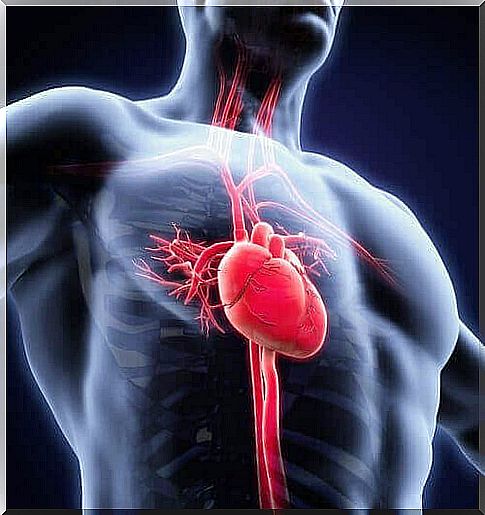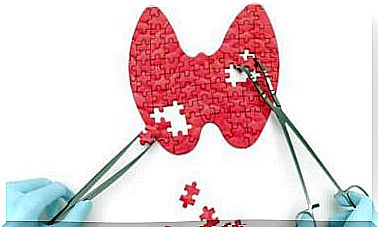What Types Of Asthenia Are There?
Asthenia makes it difficult for patients to carry out their daily activities because they suffer from constant fatigue. Learn more about this topic.

Asthenia is the medical term for fatigue. It is derived from the Greek words “a” (without) and “sthenos” (force). This condition can be recognized by general, persistent weakness. However, what differentiates asthenia from normal fatigue is that it does not appear after exertion and does not go away after rest.
So it is characterized by a lack of energy and motivation and a feeling of exhaustion or tiredness. Asthenia can also cause memory loss or a decrease in concentration.
In addition, it is also important to note that the condition is not synonymous with drowsiness. Drowsiness and apathy can be the result of tiredness after exertion or lack of rest. If the tiredness does not go away after a good night’s sleep, it should be evaluated medically.
The different types of asthenia
In 50% of the cases there is no actual muscle weakness. In other words, it is a symptom that the person is experiencing. So half of the cases are psychogenic. Typically, underlying depression, anxiety, or a state of chronic stress is what causes this condition. However, the symptoms are very real. They can make life and everyday life very difficult for an affected person.
So those affected have to make greater efforts to go about their daily routine. As a result, work, studies and housework become complicated. In the end, the motivation drops significantly.
If the asthenia is organic, it can be the symptom of numerous pathologies. Their causes are among others:
- Cardiovascular causes. We will focus on these causes below.
- Infections. Any infection such as hepatitis or tuberculosis can cause asthenia.
- Neurological causes such as Parkinson’s or myopathies.
- Cancer. Both malignant tumors and their treatment (chemotherapy and radiation therapy) can cause asthenia.
- Endocrine or metabolic disorders. Hypothyroidism, diabetes, malnutrition, etc.
- Haematological causes. This is often the case in people with anemia or leukemia.
- Finally, the ingestion of toxins can also cause asthenia. The consumption of alcohol and the use of some medications often cause asthenia.
Asthenia and heart failure

Asthenia is common in people with heart failure. In these patients, the heart does not pump enough blood. As a result, the muscles are not getting the energy they need.
As a result, these people find it difficult to make any kind of effort. It can even be a simple task, such as walking. In these cases, they feel a burning sensation. The affected part is unable to contract. In addition, high blood pressure or a cerebrovascular disorder can also cause neurocirculatory asthenia.
In the event of heart failure (or weakness), it is important that the patient remain active. Therefore, even if it is difficult, he needs to be physically active. Experts recommend walking, swimming, and even cycling. If symptoms worsen during exercise, the person can simply stop. However, once she has recovered, she should resume the activity.
Nowadays there are also cardiac rehabilitation units. They help heart failure patients make progressively greater efforts. In this way they try to maintain the patient’s physical fitness and health.
Neurocirculatory asthenia
It is a psychogenic condition in which cardiovascular symptoms predominate. It mostly occurs in women and people who are under a lot of stress. As a result, there is an imbalance in the autonomic nervous system. Because of this, you may experience palpitations, palpitations, shortness of breath and dizziness. However, precordial pain can also occur.
Because neurocirculatory asthenia is psychogenic, although symptoms are predominantly cardiovascular, heart disease does not develop. When the stress or anxiety goes away, so do the symptoms.
diagnosis
To diagnose asthenia, it is important to see your doctor, who can get a full medical history. Your doctor needs to know exactly what your symptoms are and when they will occur.

First, the doctor will have your blood and urine analyzed. Imaging tests, such as MRI or ultrasound, can also be helpful. In addition, an electrical diagram is often created. All of these tests will help identify the underlying cause.
Conclusion
If you feel tired and weak all the time, see your doctor as this could be a symptom of some pathology.









